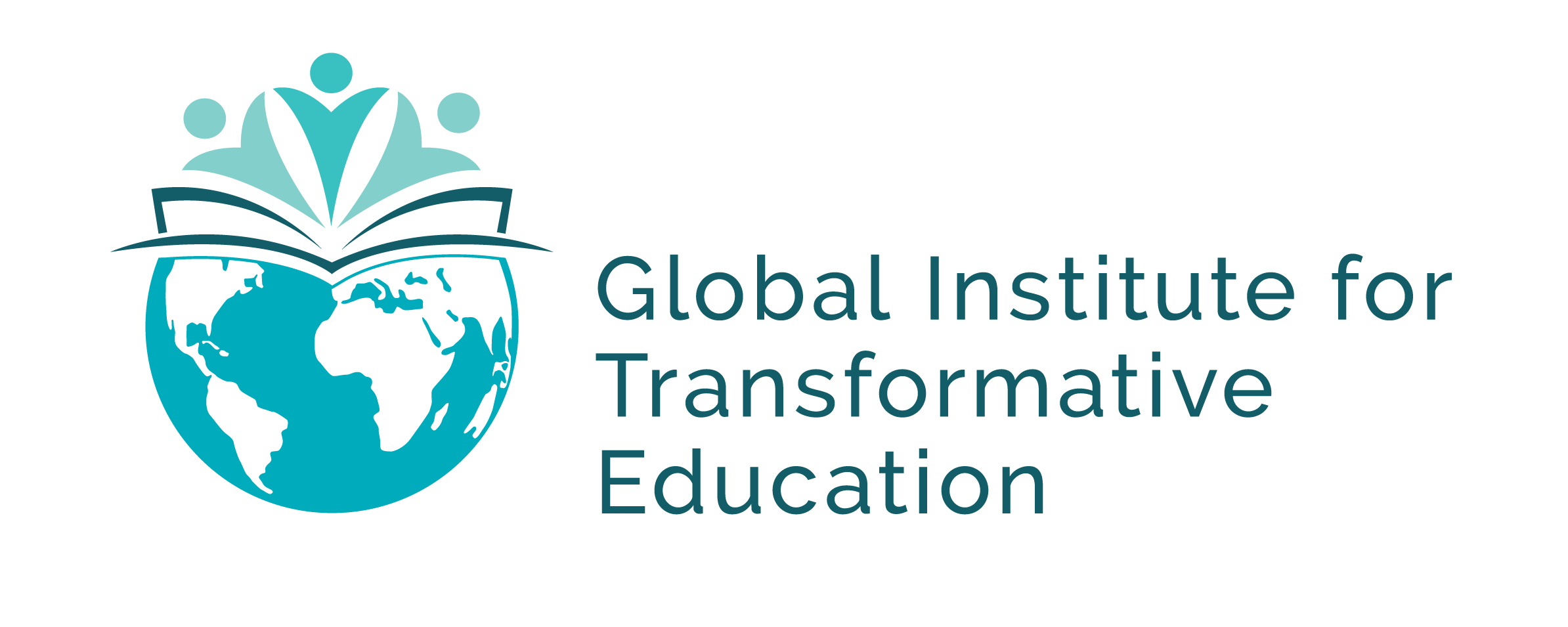Transformative education creates autonomous, independent thinkers; is critical to cultural, economic, and political advancement; and leads to positive transformation of both the learners and society. Among other things, transformative education:
- Teaches critical thinking skills;
- Promotes discovery learning through project-based activities, place-based, and project-based learning
- Focuses on education for environmental sustainability and social justice
- Demonstrates collaboration as the norm and working in isolation, an anomaly
- Promotes cultural exchange programs;
- Provides inclusive and personalized learning plans;
- Encourages students, teachers, and communities to rethink curricula;
- Creates spaces for students to analyze the universe;
- Inculcates research inquiry skills;
- Immerses learners in transformative leadership skills for their schools and communities;
- Encourages student-teacher partnerships;
- Challenges students to be active rather than passive learners; and
- Boosts computer and technological competency.
The Problem with Traditional Education
In many countries worldwide, education is not transformative. Many schools use textbooks which are divorced from students’ lives and experiences. Rote memorization and regurgitation of “facts” is emphasized. Curriculum at every grade level is often one-size-fits-all, and no attention is paid to children with special needs. Student misbehavior is often controlled through severe punishment. Furthermore, there are limited and haphazard ways to evaluate the quality of educational outcomes and minimal ways to create systemic change from within.
The education systems must be designed in a way that fosters economic growth and tackles systemic unemployment; poverty; civic disengagement; disease epidemics; local and global citizenship, political instability, deforestation and other societal issues not being addressed in the curriculum. Education must move away from its traditional focus and toward providing young global citizens an education better suited for interconnected competitive global economies while sustaining natural resources. Such a move requires a dramatic shift in how policymakers around the world (and especially in developing countries) think about leadership, teaching, learning, and research.
